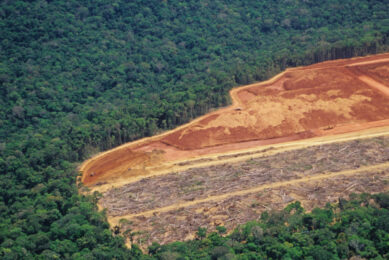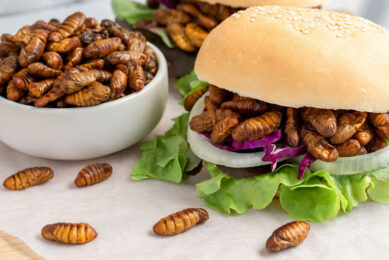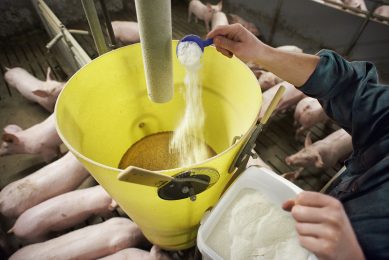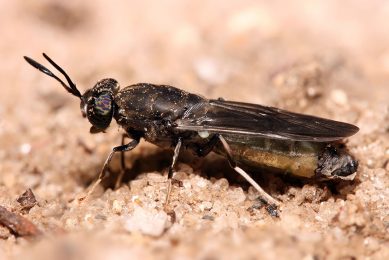Insects in feed: EU legislation is key
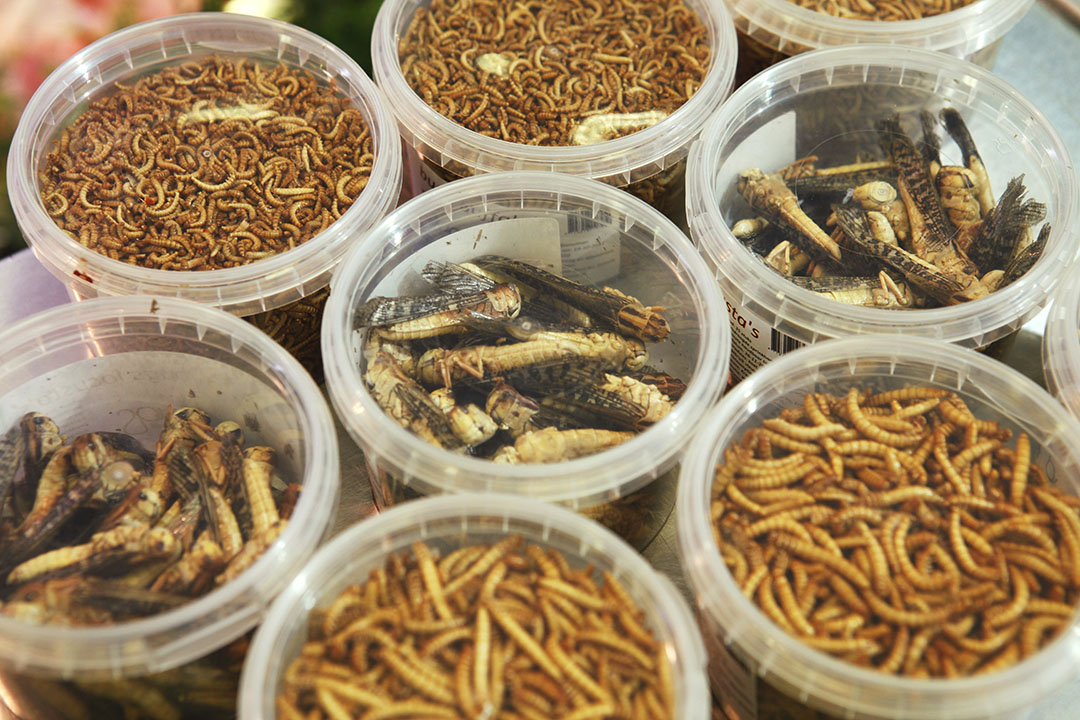
The European insect sector has potential to be a good contributor to a competitive and sustainable value chain. To do so, EU legislation on the use of insects in animal feed is key.
This was one of the topics discussed at the IPIFF 2018 Annual Conference, that took in place in Brussels on November 6. The event attracted 200 participants, including European Commission Officials, Member States representatives and other delegates ranging from the insect sector, agri-food industry and scientists. It touched on the issues and challenges of the use of insects for both feed as food applications.
Current regulatory framework
IPIFF President Antoine Hubert said: “Insect producers can make a significant contribution to competitive value chains, and European Regulations and EU funded research programmes offer many opportunities for insect producers to develop. Yet, the current regulatory framework must be adapted to ensure that this potential can be fully exploited.” Bruno Gautrais from the European Commission explained that EU policies and legislations must continue to evolve in order for the sector to further grow and innovate. “However, these changes will not happen in one day, as we need to build up solid rules, guaranteeing a high level of safety for the use of insects in food and feed applications. Furthermore, a step by step approach is key to build credibility and trust in the sector,” he added. Insects as additional source of proteins are pertinent to respond to the challenges as singled out in the EU Protein plan. In this particular context, Javier Valle, who is Senior Policy Advisor at the European Farmers and Agri-Cooperatives Association (Copa-Cogeca) stated: “We welcome the development of the insect sector. Especially when insects will be authorised in poultry and pig feed in the near future. However, we do need to continue cooperating with insect producers to make sure they can deliver products and solutions that meet the farmer’s needs.”
IPIFF guidance documents
The event also touched on the current and future project of IPIFF in the field of food and feed safety. For example, IPIFF is developing a guidance paper on ‘best hygienic practices in insect production’, to be expected in the first quarter of 2019. It has already published guidelines to support insect producers in the preparation of novel food applications. “We trust that these guidance documents are useful for insect producers to comply with applicable legislations.” IPIFF expects that the first novel food dossiers for insects as food will be authorised during the 2nd half 2019.
Research, investments and legislation
Adriana Casillas, Vice President of IPIFF addressed that insects are ‘new’ sources of protein and are needed to close the feed gap. We must also acknowledge that animals have different nutritional requirements, for which different protein sources are needed. In this context, insects can help to improve the nutrient balance and quality in animal feed, in addition to other ingredients.”
Looking ahead, Casillas addressed that further research, investment, and legislative evolutions are needed to increase the insect sector’s capacities. “More importantly, we must pursue our efforts towards building a responsible industry in order to maximise its contribution towards more competitive and sustainable food and feed value chains.”





